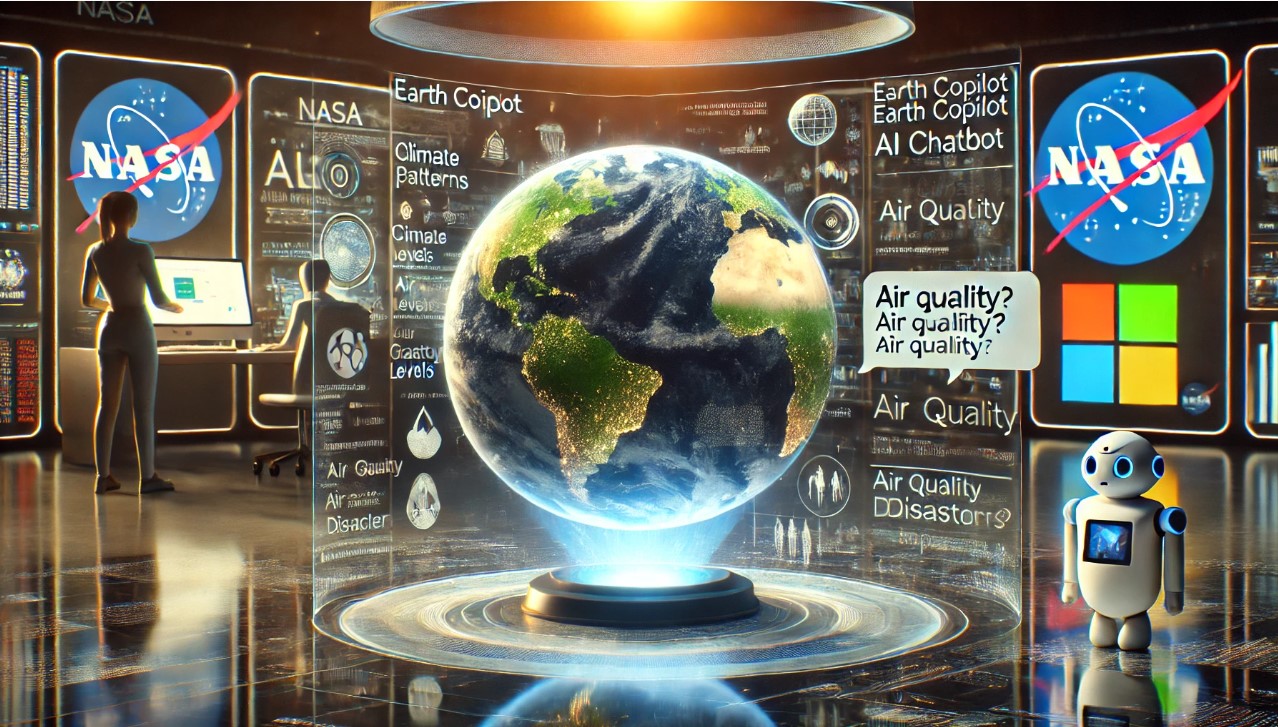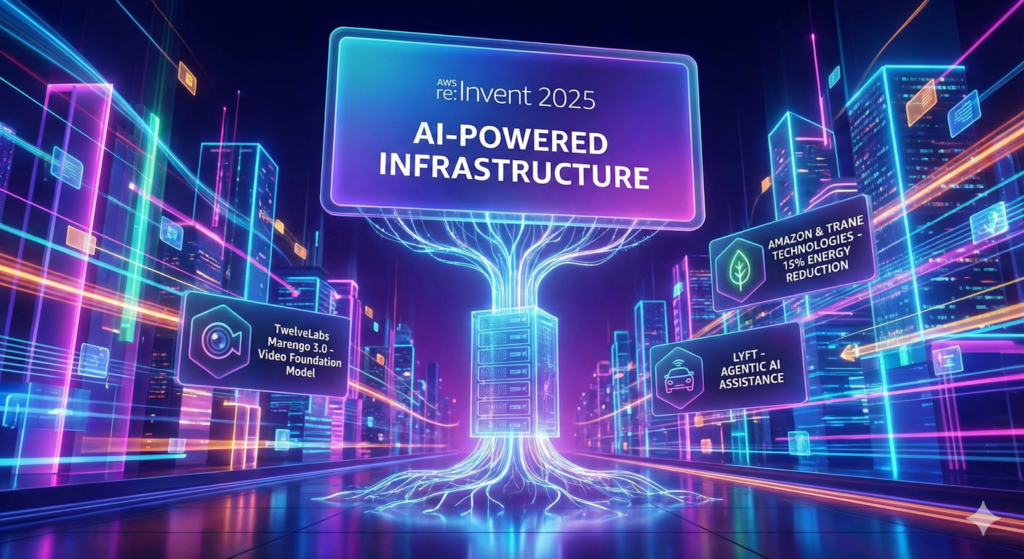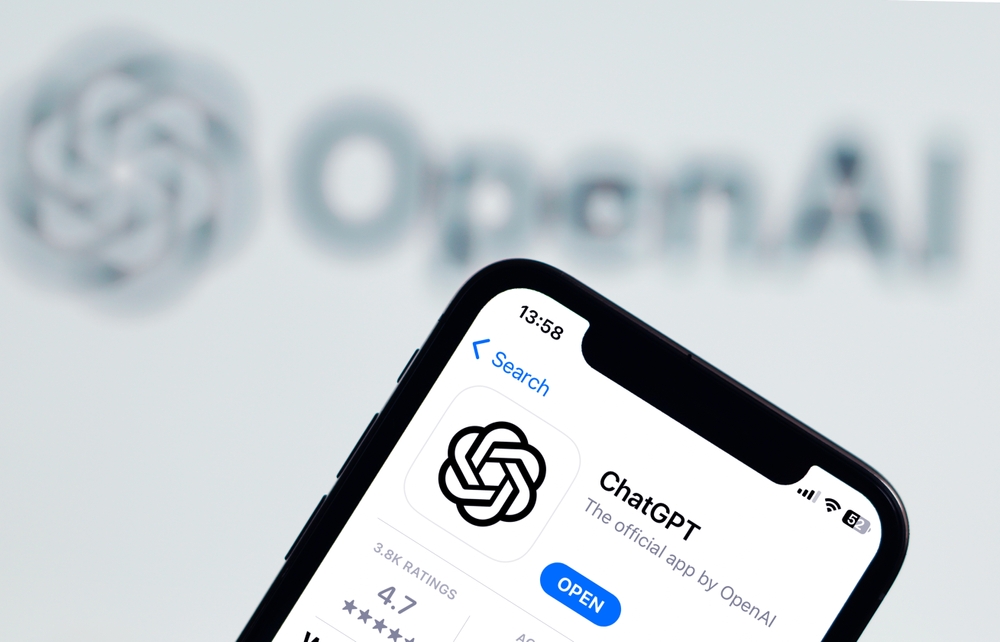
In a groundbreaking collaboration, NASA and Microsoft have launched the Earth Copilot, a cutting-edge AI chatbot designed to simplify access to and understanding of complex scientific data about Earth. This innovative tool, powered by Microsoft’s advanced AI capabilities, aims to make NASA’s vast geospatial data more accessible to the general public.
Making Earth Data Accessible
Earth Copilot allows users to pose natural-language questions about a range of Earth-related topics, from the environmental impact of natural disasters to changes in air quality. The AI then delivers clear, concise answers based on NASA’s extensive data repositories. This democratization of information is intended to benefit a diverse array of users, from scientists and policymakers to educators and students.
“For years, NASA has collected an immense amount of data about our planet, but unlocking its full potential has been a challenge. Earth Copilot is here to change that,” NASA officials said in a joint statement with Microsoft.
Empowering Through Open Science
The initiative is part of NASA’s broader Transform to Open Science (TOPS) program, which seeks to break down barriers to complex scientific data and encourage public engagement. By leveraging AI, Earth Copilot transforms traditionally technical geospatial data into digestible insights, empowering users from all walks of life to explore and understand the state of the planet.
Applications Across Fields
Potential use cases for Earth Copilot include:
- Monitoring the effects of climate change on specific regions
- Understanding air quality trends and their health impacts
- Analyzing the impact of wildfires, hurricanes, and other natural disasters
- Supporting educational efforts with accessible, data-driven insights
By bridging the gap between raw data and actionable insights, Earth Copilot is poised to be a valuable tool for addressing pressing global challenges.
The Role of AI
Microsoft’s AI technologies play a pivotal role in Earth Copilot’s functionality. By integrating natural language processing and data visualization capabilities, the chatbot enables users to interact with NASA’s data intuitively, making even complex datasets approachable for non-experts.
Paving the Way for Future Collaboration
This partnership between NASA and Microsoft represents a significant step forward in using artificial intelligence to tackle global challenges. It also underscores the potential of public-private collaborations to advance scientific discovery and public understanding.
A Vision for Open Science
As part of NASA’s ongoing commitment to open science, Earth Copilot not only expands access to data but also encourages the broader scientific community to engage with it in meaningful ways. By providing a user-friendly interface for exploring data about our planet, the initiative aligns with NASA’s vision of fostering global collaboration to address critical environmental issues.
With Earth Copilot, understanding Earth’s intricate systems has never been easier—a critical tool in our collective efforts to protect and sustain our home planet.






